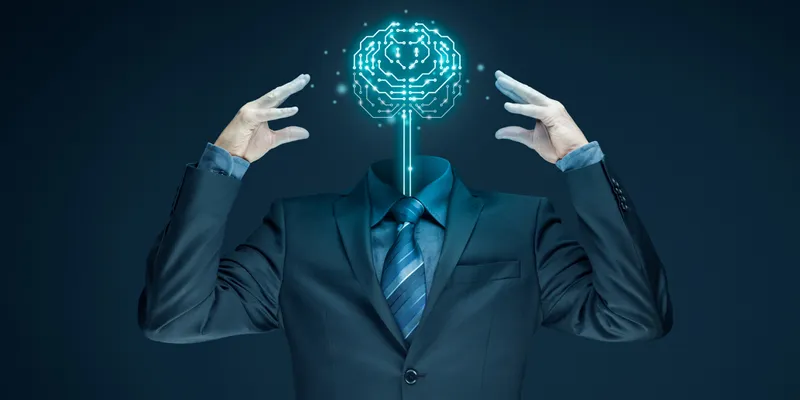How to prepare the next generation for jobs in the AI industry
The Fourth Industrial Revolution is here, and an upheavel of the old order is in place. Contrary to scenarios in movies like I Robot, Terminator and A.I. Artificial Intelligence - robots replacing humans and introducing dimensions of cognitive computation, workforce automation has evolved as a blessed and unique opportunity. Artificial intelligence is paving way for the mother of all revolutions and all firms are leaving no stones unturned to gain an upper hand.

Image: Shutterstock
With IBM investing $1 billion in its artificial intelligence programme Watson, Apple’s Siri and Amazon’s Alexa, automation will surely be the next industry disruption. With passage of time human capital will no longer accentuate the cogs of economy. As workers worry about their means of livelihood with fears of automation running ripe, there are segments in our populace that are innovating and ideating on using education as an insulation to prepare the next generation.
It was the steam engine that drove change during the Industrial Revolution in Britain, and it was education that provided the answer to prepare the following generation. As Sarah O’Conner (an ironical Terminator reference) of the Financial Times puts it, “If machines were going to substitute for brawn, policymakers reasoned, more people needed to use their brains.” Hence, comes the question of how to prepare the next generation for jobs in the AI industry.
Currently, there is an unprecedented shortage of AI developers, data scientists and specialists in the IT industry. Thus, smoothening the transition to automation becomes an essentiality. Ways we can do that are:
- Education, especially focused in the domain of computer science:
Establishments such as Udemy, Coursera, EDX, Codeacademy and Big Data University are online platforms that provide MOOCs (Massively Open Online Courses) for people to learn tech skills on. The government must necessitate a change in curriculum where tech skills are taught in education boards, and from the very starting a culture of innovation should be established. Existing firms can also be involved in the process by training employees to adopt to new technology, so they become responsible for their job security. Like in the case of Amazon’s Career Choice program which encourages employees to learn skills for future employment.
- Concept of ‘Liquid Workforce’ and the ‘Human Cloud’ put forward by Peter Miscovich, MD of JLL.
With different work environments and locations propping up in support of the incoming revolutionary technology, new workforce models like ‘Liquid Workforce’ and the ‘Human Cloud’ are emergent. In general, liquid workforce refers to those employees who are able to adapt to any new work environment in order to sustain themselves and make themselves relevant to the digital revolution. Human Cloud, whilst, is full of contractors, consultants, freelancers and subject matter experts who are seeking new and alternate models of employment. Thus, the need for more such workforce models exists.
- Harvard Business Review talks about how with AI taking over routine information and manual tasks in the workplace, we constantly need to place additional emphasis on qualities that differentiate us - human workers - from AI. Qualities like creativity, adaptability and inter-personal skills make the entire difference. Also, in order to safeguard those whose jobs will become obsolete, measures such as imposition of income tax on artificial intelligence as proposed by Bill Gates, notion of Universal Basic Income (UBI) etc. will need to be contemplated.







